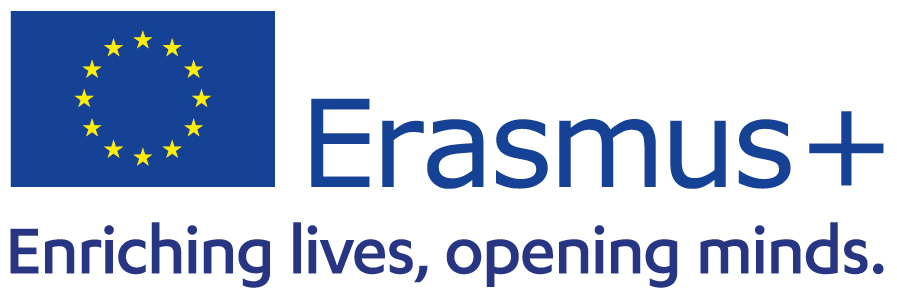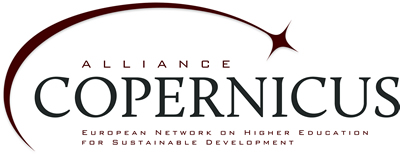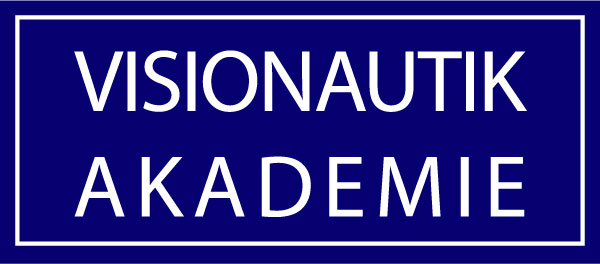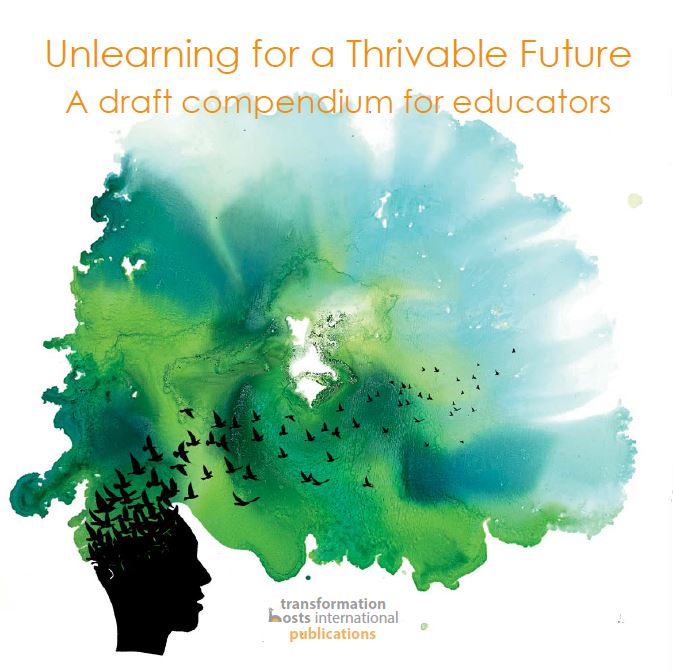
RESULTS
Download pdf: Compendium Unlearning for a Thrivable Future
Or click on image
Download pdf: Report on Pilot Workshop in Higher Education Dec 2022
TRACC skills
Erasmus+ small scale partnership in adult education
Transformational, Cross Cutting people skills for the SDGs – TRACCs
Partners
Lead: Legacy17, Sweden
COPERNICUS Alliance, Germany
Visionautik e.V., Germany
Duration
January 2022 – March 2023
Sectors
Higher formal education
Informal adult education
Objectives
Draft and test a practice-oriented compendium for use in designing and delivering adult education, both formal and non-formal, to convey competences that cover in a cross-disciplinary and cross-sectoral way the behavioural aspects of sustainable development.
Context
Knowledge-Action Gap
Education for Sustainable Development (ESD) in adult education to date has mostly focused on raising awareness through imparting knowledge. After decades of ESD we know: knowledge alone rarely produces changed behaviour and new strategies are called for.
There has to be more attention to individuals and how they are transformed. Fundamental changes required for a sustainable future start with individuals and their change of behaviour, attitude and lifestyle (ESD Framework, 2019).
Adult education for sustainability urgently needs to convey “people skills”, i.e. skills that empower individuals and groups to review their attitudes and behaviours in light of planetary boundaries and existing imbalances, as well as skills that enable co-creation of solutions to current challenges across sectoral, disciplinary, and cultural boundaries.
We have observed that many adult education courses focusing on sustainable development, climate, and related topics are heavily biased towards existing technical or administrative solutions, and often miss the huge potential of ‘people skills’ both to elicit creativity and innovation, and to create a groundswell of demand for appropriate change. This seems to be valid in all sectors – formal, non-formal and informal.
Specifically, we have identified a lack of materials for adult education covering in a cross-disciplinary and cross-sectoral way the behavioural aspects of sustainable development; for instance, in public engagement, consumer behaviour change, leadership, community development processes, and indeed an action-oriented pedagogy.
Also missing are ways to develop the necessary skills, and to integrate them into change processes sufficiently early to activate the human potential to best effect. This lack leads to and reinforces the sub-optimal silo thinking that dominates much of the current SDG discourse. Introducing a skill set that enables a cross-disciplinary approach opens the way for handling complexity from a perspective not so much of sustainability as of regeneration, to create a society that is healthy, adaptive and resilient to unknown future challenges.
Agenda2030 speaks of transformative steps; and the ‘ESD for 2030 Framework’ lists transformational skills as essential to help move the whole of society towards our common goals, the SDGs, and to enable us to deal in an equitable and mindful way with the enormous challenges, uncertainty, and trade-offs humanity faces.
What is needed now are capable practitioners on a large scale.
Interested in contributing, participating or disseminating?
Contact: annika@legacy17.org




